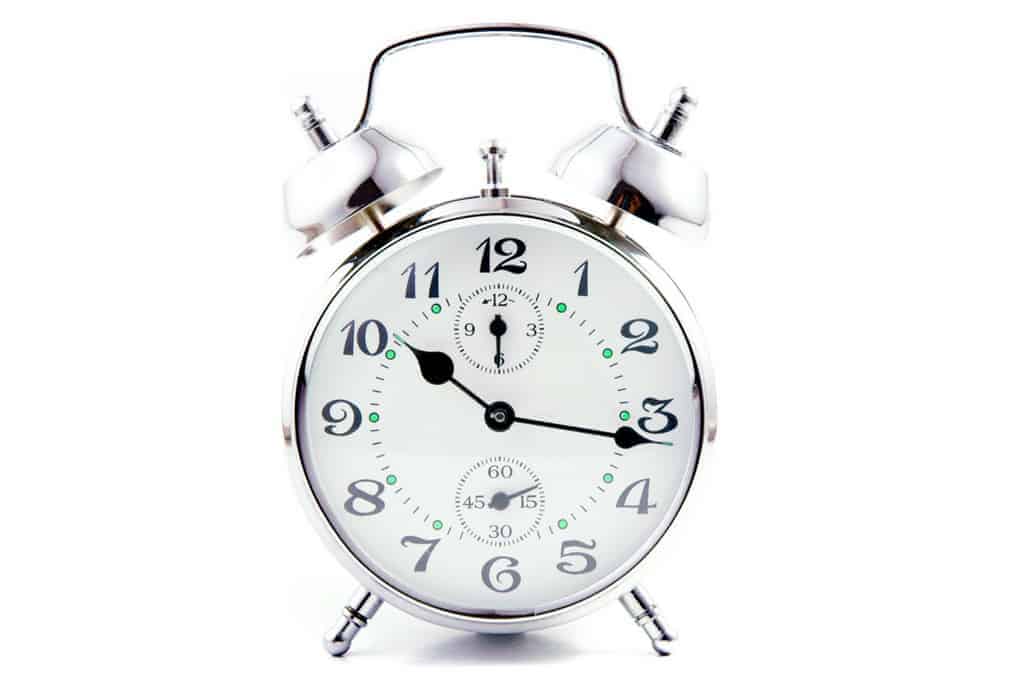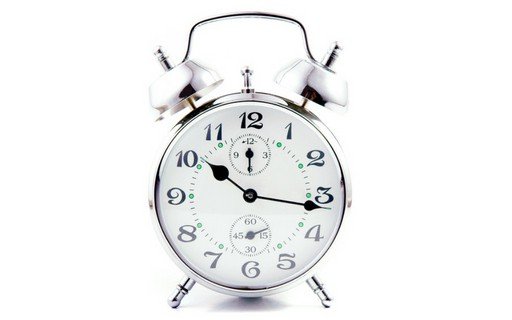
Did you know stress changes your sense of time?
It’s a rare day that I meet someone who feels like they have enough time. We can blame our lack of time on all sorts of things – the speed of technology, the rapid change from one gadget to the next, the overloaded schedules. We live in a culture of more more more, faster faster faster, hurry hurry hurry.
I came across an interesting fact the other day: cortisol increases the sense of time speeding by. It’s the first time I ever connected how our body’s function has an influence on time. How cool is that!
In the scientific world, they call it time perception – for example, I click a stopwatch and when I stop it, you tell me how many seconds you think went by. Actual time is the objective number on the stopwatch. Time perception is the number of seconds you think went by. Time distortion is when there is a difference between the actual time and the perceived time.
There are three ways time often gets distorted.
(and keep in mind, I’m just sticking with time as we commonly think of it and not getting into things like quantum physics and questioning whether time even exists – fascinating stuff, but my brain hurts trying to think too hard about it!)
Time slowing down:
Last month, I was standing at the kitchen counter about to set a pyrex measuring cup on the island, when it slipped from my grasp. A jolt of adrenaline going through me as I tried to capture the handle.
What only took seconds seemed to move in slow motion: the handle sliding through my fingers, the cup plummeting to the floor, the point of contact on the hard tile, the shattering into thousands of tiny pieces that spread across the entire kitchen floor into the laundry room and almost to the bedroom.
It. Was. Spectacular.
I can recall every second of that event especially all the glimmering pieces scattering everywhere (no one was hurt). It was the action of the hormones, particularly adrenaline, that recorded more details of the event in my brain, giving me a feeling that time slowed down. People in traumatic events like car accidents report a similar slowing down of time.
Time stopping:
There are two instances when it feels like time almost stops: the feeling of falling in love and the feeling of being in flow.
Imagine you are spending time with the new love of your life – the whole day stretches before you. You are so completely in the moment together that you don’t pay any attention to the clock ticking. Oxytocin is one of the hormones involved here – it’s called the bonding hormone.
Now think of a time when you were immersed in a project, hobby, or work task that you thoroughly were enjoying. All your concentration was focused on the task at hand, tuning out distractions, following your creative inspiration, totally losing track of time. This is called flow. When you’re in flow, time also seems to stop.
Time speeding up:
Ahh, now we come to the crux of time – the sense of speeding up. Everyone knows, we only get so much time. We all get 24 hours in a day and we only get at most 100 years (I like using nice, round numbers). That number sounds like a lot when you’re 7, but it doesn’t seem like very much when your 47 or 77. But what if you could influence time to slow down a little bit?
Turns out, our stress hormones give us the sense of time speeding up or going by too quickly. Cortisol, while needed and helpful, is very easily thrown out of balance in our modern day. The body can secrete too much when we are not responding well to constant daily stressors, and over time, we can develop cortisol resistance, where our cells simply say “nope, can’t handle it – I’m not letting any more cortisol in” which stops it from doing its job.
Rather than the slow down effect of sudden or severe trauma or fright, this is more of a feeling like anxiousness, overwhelm, frantic panic. Too much to do and not enough time to do it. Time is running out and there wasn’t enough to begin with.
But you can and do have an influence over this. When you start feeling time speeding up, stop and take a breath. This isn’t to be a cheesy cliche – “yeah yeah, I know, everyone says breathing is good.” I mean it: stop and breathe. Just for a second. Then repeat my new favorite mantra: Let time unfold.
I have a long history of busyness, overwhelm, an impossible to-do list, and a strong sense of not enough hours in a day. I have been practicing slashing my to-do list down to the absolute essentials and saying no to more things. But this brief little exercise has also become a life saver. Here’s what I do:
Let out a long exhale.
Say in your head or out loud “Let time unfold.”
Take another long breath.
Then resume the task at hand.
It’s still amazing to me how much this has been helpful in my sense of time and decreasing my stress level. Try it and let me know if it helps you too.
Source links:
https://www.researchgate.net/publication/235082087_Effects_of_Stress_and_Relaxation_on_Time_Perception
https://www.ncbi.nlm.nih.gov/pubmed/26945451
https://www.psychologytoday.com/us/blog/extreme-fear/201003/how-the-brain-stops-time
This post may contain affiliate links, meaning I may receive a commission (at no extra cost to you) if you use that link to make a purchase. See my disclaimer.
Is Three Wells right for you?
Get a free 15 minute Q&A consultation to find out!
